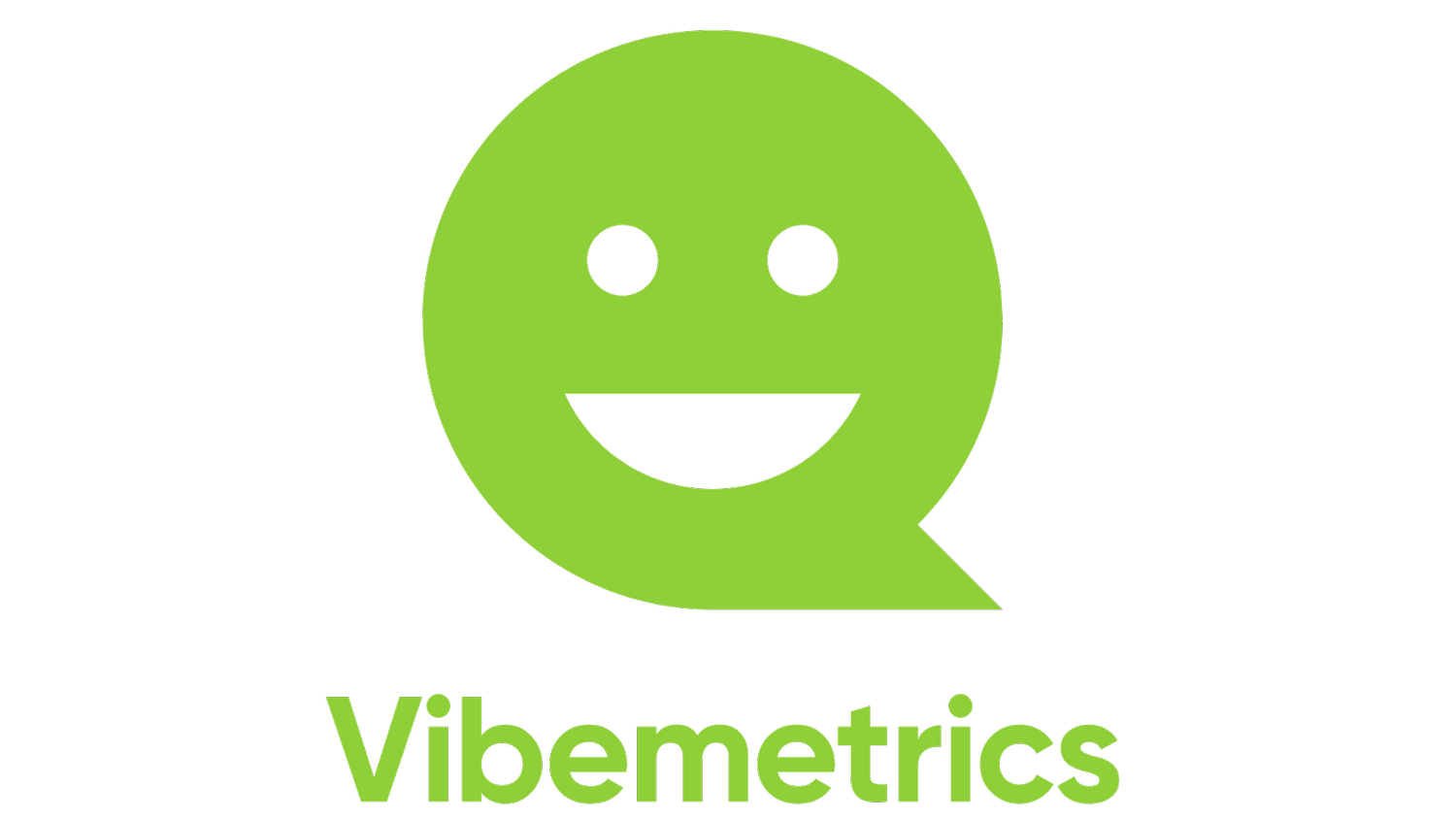Agile learning needs feedback tools
Learning requires feedback to help you develop in the right direction. An effective way to collect feedback is through surveys. Surveys have traditionally been the responsibility of HR, but they can also be used in a light, agile and self-directed way - even on a weekly basis in your own team. Accelerating the process of getting feedback is therefore an important way to agile learning.
Agile learning is playing an increasing role in the development of organisations and skills. Agile learning is about continuous learning on the job and continuous development of the work and the way it is done. Agile learning requires practices that include learning by doing, learning by experimentation, learning by evaluation and feedback on doing, learning by continuous improvement and learning by new ideas.
Learning requires feedback. When it comes to learning a team, a unit or the whole organisation to do something in a new way, for example, you need to get feedback on your learning often enough. This helps to monitor how the new way of doing things is going and to see what needs attention next.
"Team learning can be boosted by guiding teams to carry out light surveys for themselves"
An effective way to collect feedback is through surveys. Traditionally, surveys have been the responsibility of HR. They are an important management tool because they tell us what direction we want to move in, what is desirable in the organisation, and what is the overall picture of the desired characteristics in the organisation.
However, surveys can also be used in a more agile and self-directed way. Team learning can be boosted by guiding teams to conduct lightweight surveys themselves. Learning support surveys do not need to be long and complex processes, but agile processes that can be run even by the team itself or with the help of the organisation's learning support staff. Teams and other parts of the organisation can conduct light surveys, even on a weekly basis, and define development actions based on the results. The results of the survey can be discussed either on digital platforms (e.g. Vibemetrics) or onsite in a traditional way. This can involve more silent participants in the development process, and the anonymity can help bring out issues that would otherwise go unsaid. Repeated questioning allows the team to see their progress on the issues being developed, and vague and broad development projects become tangible and manageable.
The author Leenamaija Otala, PhD, associate professor, non-fiction writer, has worked for a long time as an expert on competence development and management in companies, as a consultant, trainer and university teacher. She has worked with more than 100 companies and public organisations, has served on boards of companies and at many levels in organisations. Otala has taught at Aalto University, Metropolia and dozens of business schools at home and abroad. She has also worked as deputy director of the learning research network Cicero at the University of Helsinki. Otala has translated her current research and consulting lessons into books, of which she has published more than 20. Otala's latest theme in both research, writing and consulting is the transition of learning from schools and HR training to workplaces and agile learning at work.

